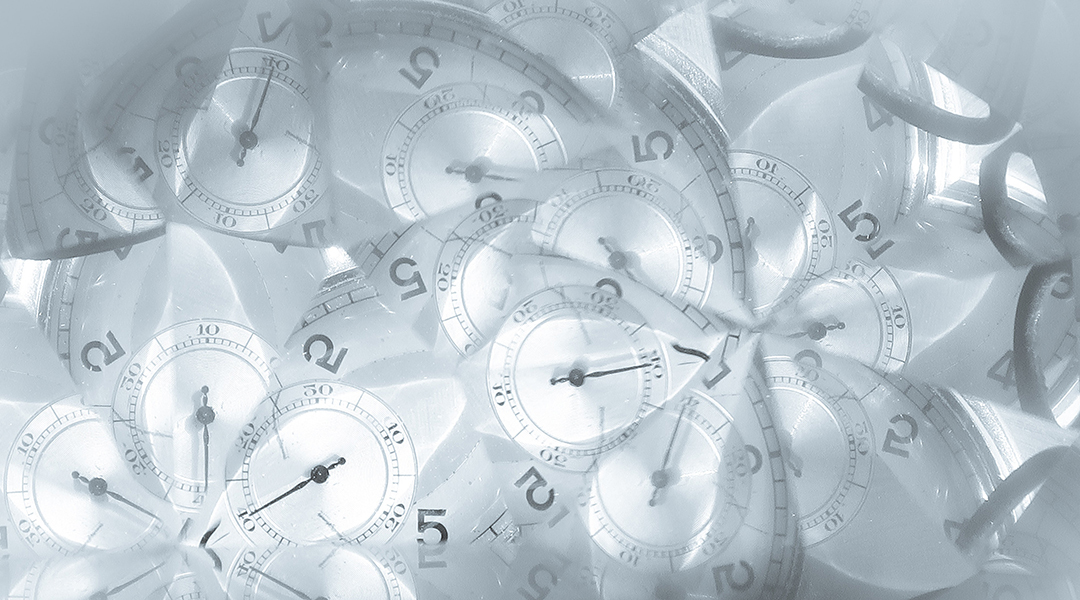- cross-posted to:
- hackernews@derp.foo
- cross-posted to:
- hackernews@derp.foo
I have to wonder how this slowing down of time affected the Universe when it was still an inconceivably dense point that suddenly went into inflation mode, where and when time dilation must have been nearly as extreme as in the immediate proximity of an event horizon.
So did time even move at all at a single dense point?
And how has any black hole in the Universe grown in mass at all in the past 13 billion years if time stops there? Any matter within the event horizon should be falling towards the singularity but frozen in time, frozen in its’ fall, never quite making it there.
How does any supernova ever even finish collapsing into a singularity?
The way I understood it way back when I was taking basic physics in college was thus (simplified): Time for the particle at relativistic speeds / gravities moves slower compared to a far away observer unbound by such influences. Like the twin siblings paradox. So a particle past the event horizon of a black hole would basically cease to experience time, but if we could see it, it would move otherworldly fast into it.
If time didn’t “move” there would still be that single dense area (there was never a point).
No time -> no motion no movement no changes.
If time slows down but there’s no one outside to experience it, does it make a sound?
deleted by creator
deleted by creator



